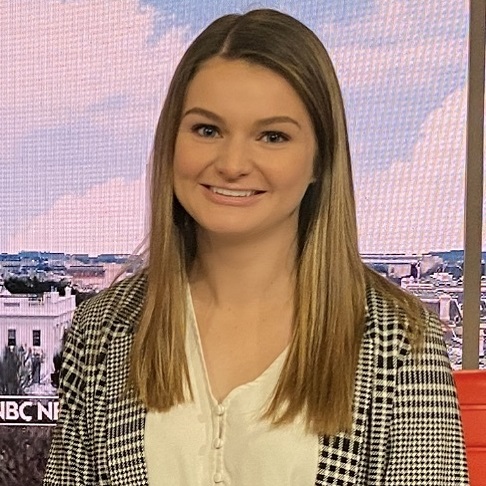To better understand what causes a pandemic, researchers will often alter pathogens that already have pandemic potential. However, a new report from the Government Accountability Office (GAO) says that the Department of Health and Human Services (HHS) should improve its oversight process for such high-risk research activities.
In the report, GAO explains that HHS developed an oversight policy, or “framework,” in 2017, for high-risk research involving potential pandemic pathogens. One example of a pandemic pathogen that may sound familiar is SARS-CoV-2, which causes COVID-19 disease.
The 2017 policy requires agencies to refer proposed research that is “reasonably anticipated to create, transfer, or use enhanced potential pandemic pathogens” to HHS for an additional review – but GAO said in its new report that the policy fails to fully meet the key elements of effective oversight.
“For example, the framework does not provide a standard to help funding agencies interpret what ‘reasonably anticipated’ means,” the report says. “Until HHS develops and documents such a standard, the framework allows for subjective and potentially inconsistent interpretations of the requirement – leaving HHS without assurance the department is reviewing all necessary research proposals.”
Additionally, GAO said HHS also faces challenges when it comes to research involving certain pandemic pathogens through its Federal Select Agent Program – “a list-based program regulating the possession, use, and transfer of certain pathogens.”
During public health emergencies, HHS officials said there are trade-offs to adding a newly emerged pathogen to the list. In doing so, officials told GAO it would impede public health response “by burdening diagnostic and treatment facilities with additional reporting and inspection requirements.” These requirements cannot be waived or postponed for a maximum of 60 days.
“HHS has not assessed the risk this limitation poses to its oversight of known pandemic pathogens,” the report says. “Until the risk of this statutory limitation is assessed and action taken to mitigate any risks, HHS will continue to face tradeoffs between impeding public health response efforts and allowing high-risk research involving known pandemic pathogens to be conducted without appropriate HHS oversight.”
GAO made three recommendations to improve HHS’s oversight of research.
These include developing and documenting a standard for “reasonably anticipated”; identifying and sharing non-sensitive information with stakeholders about the departmental review process for research involving enhanced potential pandemic pathogens; and assessing the risk posed by the Federal Select Agent Program’s requirements during public health emergencies.
HHS neither agreed nor disagreed with the first two recommendations, and agreed with the third. The agency noted that it is working with the Centers for Disease Control and Prevention (CDC) and the National Security Council “to outline existing gaps and potential enhancements to the Federal Select Agent Program.”

